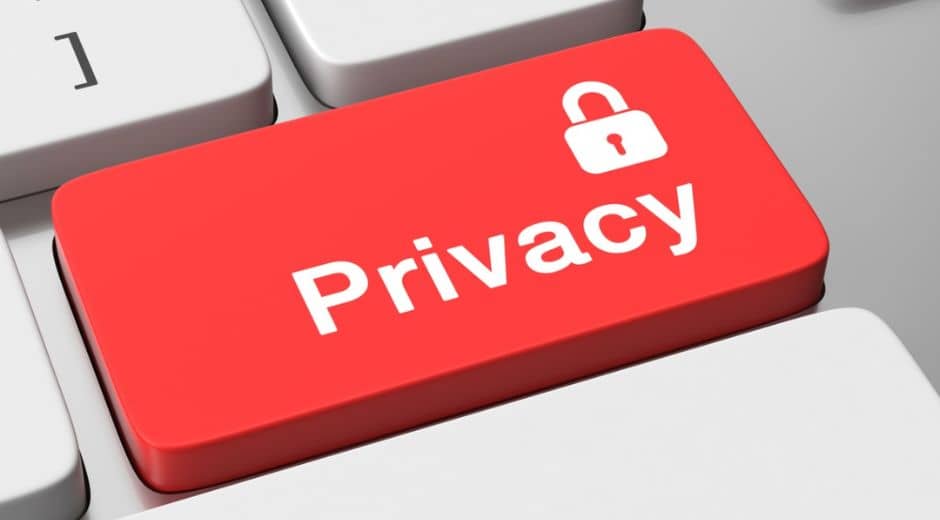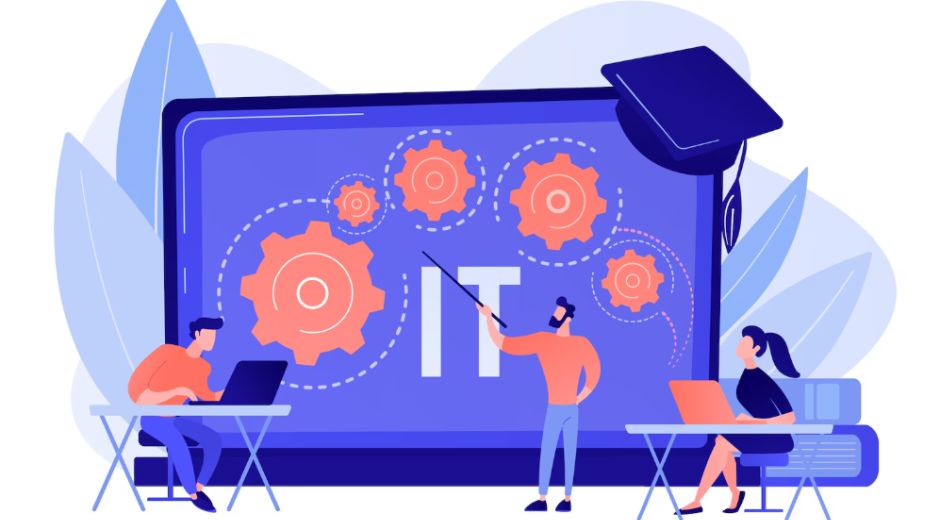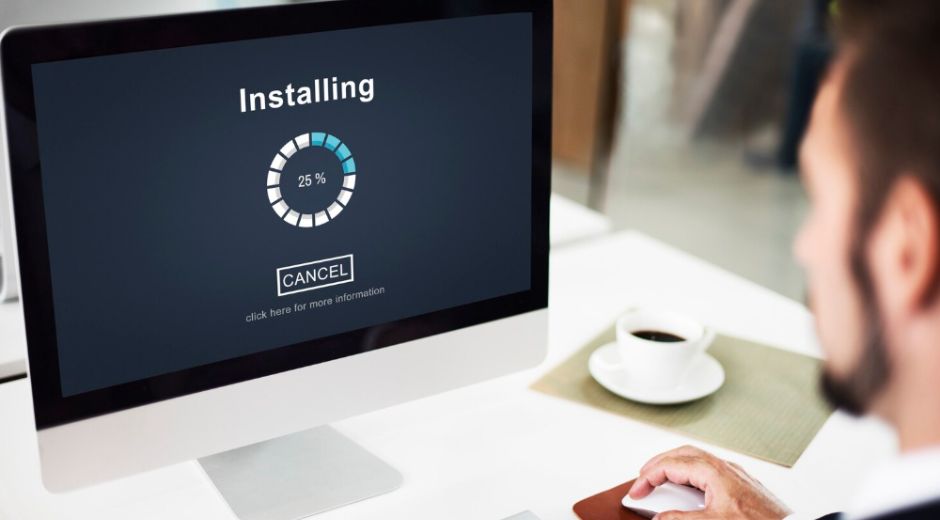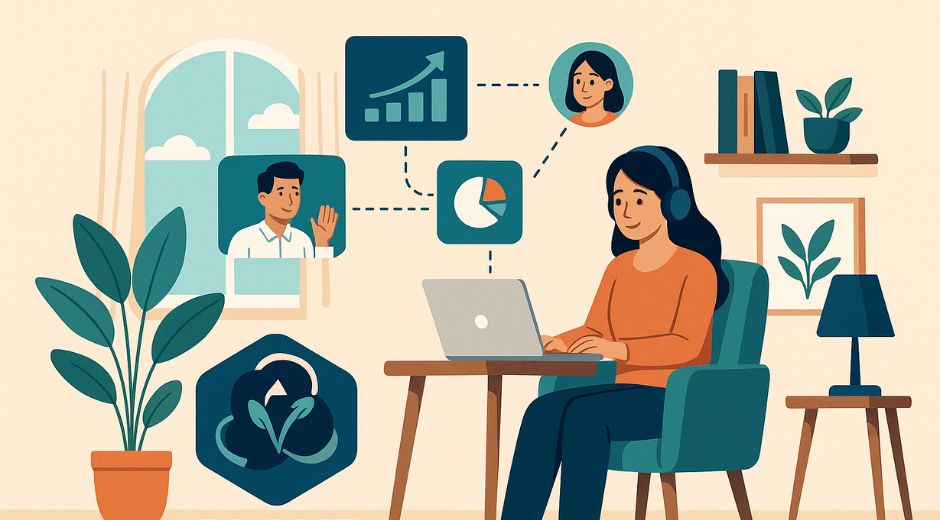Online Privacy: 7 Incredible Simple Ways to Protect It
Online Privacy: 7 Incredible Simple Ways to Protect It
In today’s digital world, protecting your online information is more important than ever. Privacy breaches, data leaks, and cyber-attacks have become increasingly common, affecting millions of internet users worldwide. Ensuring your data protection online isn’t just about keeping secrets — it’s about maintaining control over your personal information, safeguarding your digital identity, preventing identity theft, securing financial details, and reducing exposure to hackers, scammers, and malicious software.
1. Use Strong, Unique Passwords
One of the simplest ways to protect your online data protection is by using strong, unique passwords for every account. Avoid using common phrases, birthdays, or repeated passwords across multiple platforms, as these are easily guessed by hackers. Consider using a reputable password manager to securely generate and store complex passwords, and enable two-factor authentication whenever possible for an added layer of security. This approach not only keeps your accounts safer but also significantly reduces the risk of hackers compromising your privacy, personal information, and sensitive financial data.
2. Enable Two-Factor Authentication
Two-factor authentication (2FA) adds an extra, crucial layer of security to your accounts. Even if someone manages to obtain your password, 2FA requires a second form of verification, such as a text code, authentication app, or biometric confirmation like a fingerprint or facial recognition. Enabling this feature on your email, social media, banking, and other sensitive accounts significantly enhances your privacy online, prevents unauthorized access, and ensures that your personal and financial information remains secure even in the event of a security breach.
3. Use a VPN for Secure Browsing
A Virtual Private Network (VPN) encrypts your internet connection, making it extremely difficult for anyone to monitor your online activities or intercept sensitive data. Using a VPN is particularly important when accessing public Wi-Fi networks, such as those in cafes, airports, or hotels, as it protects your data from prying eyes, hackers, and cybercriminals while maintaining your data protection. By masking your IP address and routing traffic through secure servers, a VPN ensures that your browsing habits, personal communications, and financial transactions remain confidential, giving you peace of mind and a higher level of online security.
4. Limit Social Media Exposure
Social media platforms collect vast amounts of personal information, which can compromise your privacy. Be cautious about the details you share online, including your location, daily routines, and personal photos. Adjust privacy settings to limit access to your content and think twice before connecting with unknown individuals. Practicing mindful social media use is crucial for maintaining strong Data Protection habits.
5. Regularly Update Software and Devices
Outdated software and devices can create vulnerabilities that put your Data Protection at risk. Keep your operating system, apps, and security software up to date to patch potential exploits. This simple step ensures that hackers cannot take advantage of outdated systems to access your personal information.
6. Be Wary of Phishing and Suspicious Links
Cybercriminals often use phishing emails or fake websites to steal personal information. Avoid clicking on unknown links or sharing sensitive data with unverified sources. By staying vigilant, you protect your privacy and reduce the likelihood of identity theft or data breaches. If you want to learn additional fast strategies for mastering digital skills safely, check out Learn IT: 5 Simple but Amazing Ways to Master Anything Fast.
7. Use Encrypted Messaging and Email Services
Messaging and email platforms with end-to-end encryption ensure that only you and the intended recipient can read your messages. Switching to these services adds a strong layer of security, helping you protect your privacy even when communicating sensitive information.
Conclusion
Protecting your online privacy is no longer optional — it is essential in today’s interconnected world. By implementing strong passwords, enabling 2FA, using VPNs, limiting social media exposure, updating software, staying cautious of phishing, and choosing encrypted communication platforms, you can safeguard your personal data and maintain control over your digital life.
For more expert tips and in-depth guides on digital security and technology, visit Techtazz, where we provide practical solutions to help you master the digital world while keeping your privacy intact.
Innovate Empower Elevate

Spatial Computing and the Shift Toward 3D Digital Workspaces
Spatial Computing and the Shift Toward 3D Digital Workspaces

Emerging Technologies That Will Shape The Tech Landscape
Emerging Technologies That Will Shape The Tech Landscape

Digital Infrastructure Powering Modern Technology Platforms
Digital Infrastructure Powering Modern Technology Platforms













